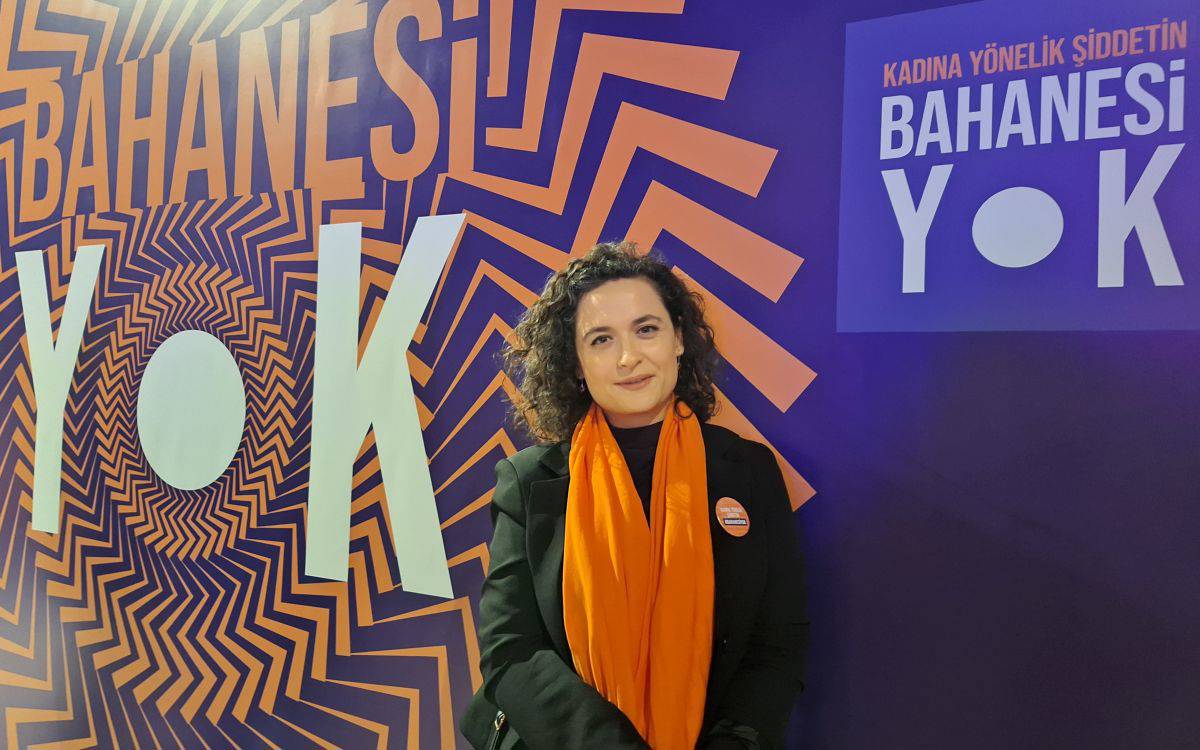Ten measures health units can take to save women experiencing violence


Ten measures that health units can take for women experiencing violence that could save them have been announced. Ayşe Tek, the coordinator of the "Empowerment Project for Health Service Mechanisms for Women Experiencing Violence," conducted by the Turkey Family Health and Planning Foundation (TAPV), stated that the ten measures they propose for the healthcare system need to be implemented.
Under the project led by the TAPV, efforts are underway to reach women through collaborations with experts in the healthcare sector and those working in the field of violence against women.
The Coordinator of the project, Ayşe Tek, states, "Violence against women is one of the most prevalent human rights violations globally and in our country, constituting a public health issue that needs to be addressed. Globally, 1 in 3 women is subjected to physical or sexual violence by their spouse or intimate partner."
I have a complaint campaign
As part of the project, the #ŞikayetimVar (I have a complaint) campaign was launched on November 25, the International Day for the Elimination of Violence against Women, aiming to create awareness by informing women about their rights in the healthcare system and the impact of violence on women's health. Throughout the campaign process, 450,000 people were reached. Additionally, an online learning module addressing the health consequences of violence against women was created on the TAPV Academy page.
Project Coordinator Ayşe Tek shared that in 2023, they conducted research to understand the current state of the healthcare system's efforts to combat violence against women from the perspective of experts working in the field. She also mentioned that they collaborated with the Sexual and Reproductive Health and Rights (CİSÜ) Platform Women+ Health Working Group to prepare a policy document.
Four out of 10 women face physical violence
Tek emphasized the findings of the 2014 Turkey Domestic Violence Survey, stating that according to the survey, 5 out of 10 women experience emotional violence, 4 out of 10 women face physical violence, and 1 out of 10 women is subjected to sexual violence. She pointed out that the principles and criteria that the healthcare system should follow regarding cases of violence against women are specified in international and national regulations. However, she acknowledged that it is challenging to claim that these principles are implemented directly in every case of violence against women. To overcome this, she emphasized the importance of developing a gender-equality and women-focused approach in cases of violence against women.
Ten recommendations
Here are the 10 recommendations proposed for preventing violence against women in the project:
-
All healthcare professionals working with women who have experienced violence should undergo regular, specialized professional training on gender equality and violence against women.
-
Medical faculties and departments training healthcare professionals such as midwifery and nursing should incorporate education on medical and health law, gender equality, and combating violence against women into their curricula.
-
Family doctors should not only be familiar with the structural referral/guidance algorithm to support women experiencing violence but also benefit from inter-institutional collaboration and support.
-
Regional differences should be taken into account when considering the security of family doctors.
-
Due to the increase in cases of violence against healthcare professionals, preventive measures should be taken for both women and healthcare workers.
-
Law enforcement officers trained in gender equality and violence against women should be present in hospitals.
-
After a woman exposed to violence reaches the hospital, interviews should take place in a room that respects the woman's right to privacy and the professional trust relationship.
-
Establishing contact with a social worker to develop a preventive intervention plan should be facilitated.
-
Women's Medical Support Centers, initially established as a pilot program focusing on sexual violence cases, should be expanded and qualified across all cities.
-
Professionals directly focused on trauma, such as psychologists and social workers, should be available 24/7 in these units. (EMK/PE)



